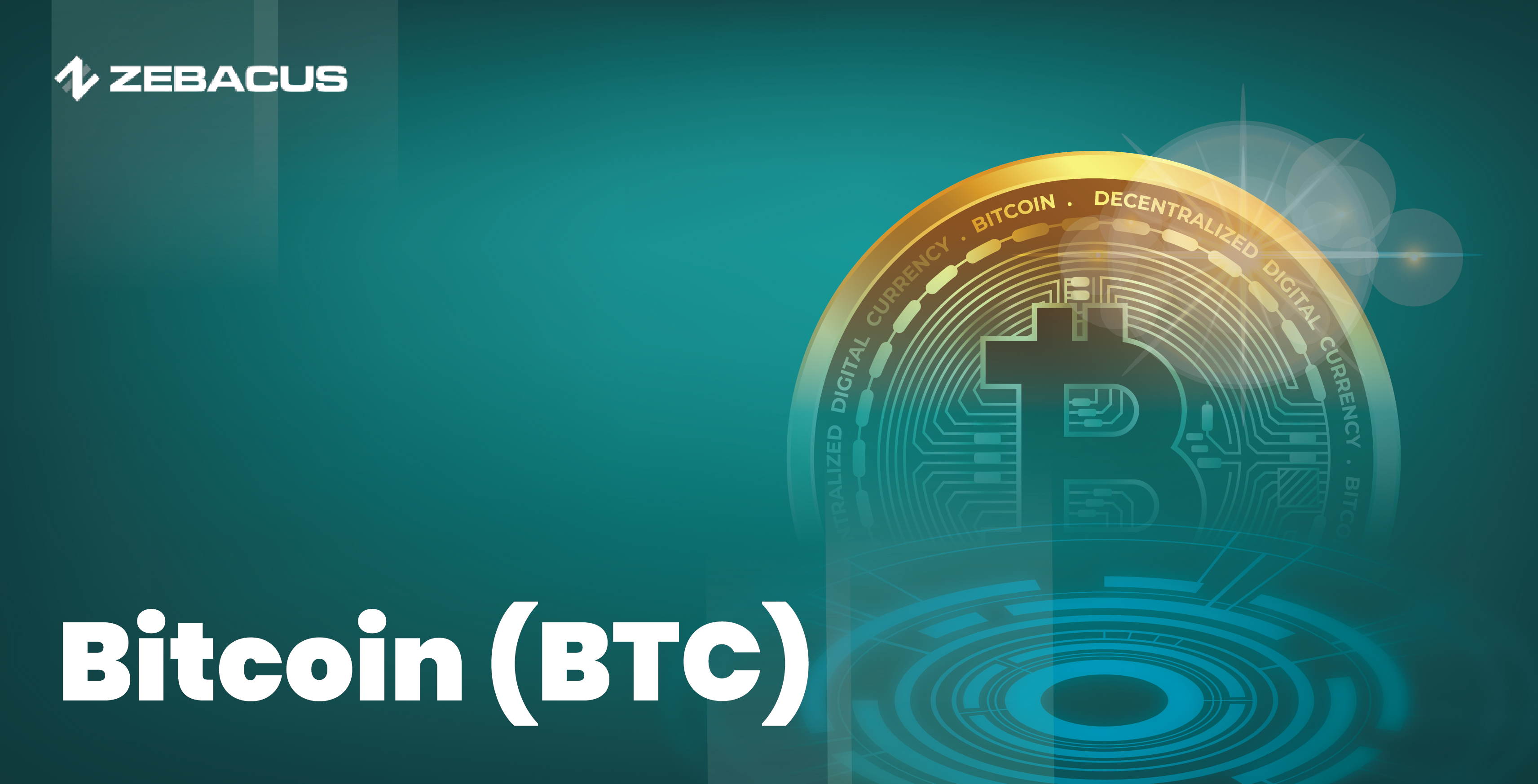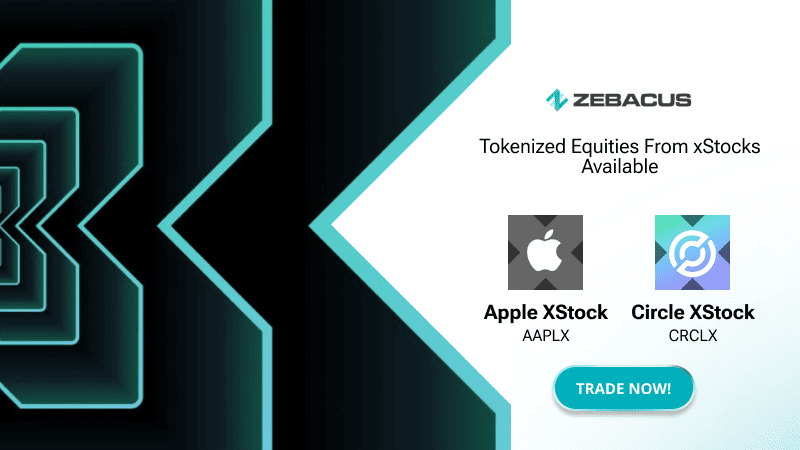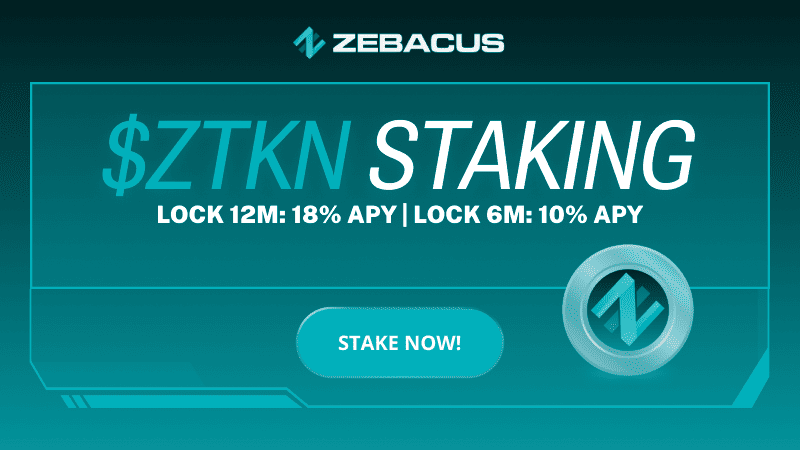Introduction
In the world of technology, the pioneers are often forgotten for their better successors. Not for Bitcoin (BTC). After a decade and a half since its inception, Bitcoin stands tall among the global cryptocurrencies, unfettered in dominance not even once. The idea of Bitcoin, which first came out as a whitepaper in the wake of the 2008 financial crisis, was a novel concept in finance and has changed the domain forever. This article will cover the bare basics of Bitcoin in less than two pages and after reading it you will join the rare breed of individuals who (actually) understand it beyond the buzzwords. Let’s dive in.
The Birth of a New Era
Bitcoin was first teased in 2008 by an anonymous entity known by the name Satoshi Nakamoto. Not only does the identity of the creator remain unknown but we also don’t know if it is a single person, a group of individuals, or an organization behind the project. Nakamoto published a now-famous whitepaper titled– Bitcoin: A Peer-to-Peer Electronic Cash System. The paper outlined a vision for a digital currency that is not controlled by a central authority (think government). The first Bitcoin block, known as the Genesis Block, was mined on January 3, 2009, marking the birth of Bitcoin and the popularity of blockchain technology.
The Basics of Bitcoin
Throughout human history, every time a new kind of money comes into existence, it solves one of the limitations of the existing monetary system. Even in 2009, a digital currency was not exactly groundbreaking in the world of finance. However, a digital currency that operates without a central authority or banks is one. Bitcoin has achieved this by using something called blockchain technology and is quite frankly not as big a deal as most people think. More on it later. Unlike fiat currencies like the US dollar, the monetary policy of Bitcoin is hardcoded into its core algorithm, and its supply is limited to 21 million coins.
How Does Bitcoin Work?
-
Decentralization: This is probably the biggest selling point of Bitcoin. Unlike traditional currencies issued by governments and controlled by central banks, Bitcoin operates on a network of computers owned by people like you and me. This ensures that no single person or organization has total control over the currency. Bitcoin is hence resistant to both censorship and manipulation. The currency achieves this tremendous feat with something called blockchain technology.
-
Blockchain Technology: At the core of Bitcoin is a distributed public ledger that records all transactions made in the network. When new transactions arise all the computers participating in the network will verify the transaction data. To make this process efficient, transactions are verified in batches called blocks. It is nothing more than just a way of organizing data. Each block in the chain contains a list of transactions, and once a block is filled, it is added to the chain in chronological order.
-
Mining: Mining is the process of verifying transactions to the blockchain and creating new Bitcoins. Miners compete with powerful computers to solve simple but resource-intensive mathematical problems to gain the right to add a new block to the Bitcoin blockchain. As a reward for their time and computing power, the miner receives some newly created bitcoins and the transaction fees. This process is known as proof-of-work and ensures that the creation of new bitcoins is controlled and predictable. It is called mining because, in a purely logical sense, this process emulates the mining of gold.
-
Limited Supply: One key feature of Bitcoin is its limited supply and thus makes a strong point in a world where incompetent governments struggle to tame inflation. The total supply of Bitcoin is capped at 21 million and is embedded in its code as a rule that anyone can read and verify. This scarcity is also designed to mimic precious metals like gold, giving Bitcoin its nickname ‘digital gold’.
Why Bitcoin Matters
Bitcoin has garnered global attention for several reasons, each contributing to its growing popularity and value.
-
Financial Inclusion: Bitcoin can offer and has successfully provided financial services to people who don't have access to traditional banking systems. In regions with unstable economies or limited banking infrastructure, Bitcoin offers a way to transfer value reliably and securely.
-
Store of Value: Many people consider Bitcoin as a hedge against hyperinflation and economic downturns. With a fixed supply, Bitcoin is often compared to gold as a store of value and is considered antifragile. Investors buy Bitcoin as a way to preserve wealth, especially during times of economic uncertainty.
-
Innovation and Technology: Bitcoin's underlying technologies have sparked innovation across various industries. Beyond finance, blockchain technology is being explored for use in supply chain management, healthcare, voting systems, and more, due to its ability to provide transparency without sacrificing security.
-
Volatility: While Bitcoin has many advantages, it is highly volatile in the market. The price of Bitcoin can fluctuate wildly within short periods, making it both an exciting and risky investment. This is driven by various factors, including market demand, regulatory news, technological developments, and macroeconomic trends.
Conclusion
After all these years, the future of Bitcoin is a subject of heated discussions. Some believe it will become a global reserve currency, while others think it will remain a niche asset. As more businesses and institutions accept Bitcoin, it could become a widely used medium of exchange and a standard part of financial portfolios. Bitcoin is more than just a digital currency; it's a groundbreaking technological and financial innovation that allows people to protect their wealth. From its mysterious origins to its dystopian future, Bitcoin continues to increase in market capitalization, surpassing the valuation of several major corporations. Whether you're an investor, a tech enthusiast, or someone curious about the future of money, understanding Bitcoin is essential in today's rapidly changing digital landscape.







